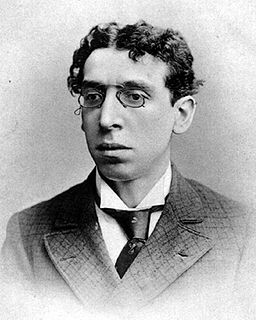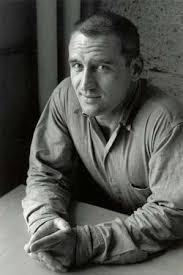A Quote by Doris Lessing
I'm not one of those writers that sits worrying about posthumous fame.
Related Quotes
I saw one of the absolute truths of this world: each person is worrying about himself; no one is worrying about you. He or she is worrying about whether you like him, not whether he likes you. He is worrying about whether he looks prepossessing, not whether you are dressed correctly. He is worrying about whether he appears poised, not whether you are. He is worrying about whether you think well of him, not whether he thinks well of you. The way to be yourself ... is to forget yourself.
I seriously consider television to be the people's medium. Like the idea of seeing your parents naked or having somebody go down on you and worrying about whether you smell, or worrying about whether your body is weird or what goes across the face of a person who's supposed to be experiencing pleasure but isn't - those are things I'd love to normalize on TV.






































